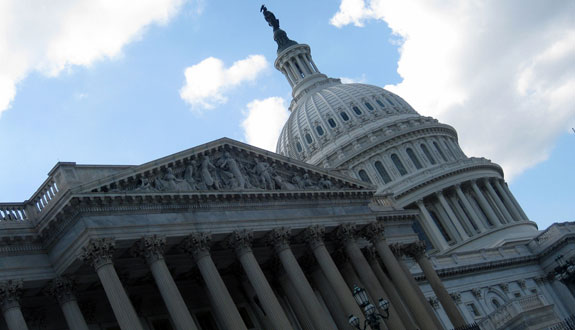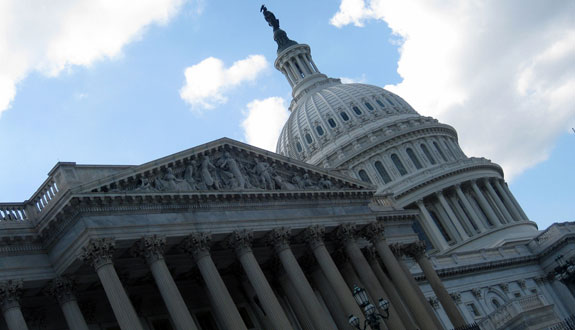Debt it Out: The Politics of Law School Student Loans
- by
- May 09, 2012
- Law School Debt, Politics
- Reviewed by: Matt Riley


The issue of student loans recently came up in Congress as they considered whether or not to delay (or possibly get rid of) a rate increase on student loans from 3.4% to 6.8%. Both sides acted with their trademark maturity.
A rate increase when so many students are already struggling to make their minimum payments seems cruel, and yet who knows what our Congressmen are going to do. As it stands, though, the student loan debt crisis is definitely weighing negatively on the economy, as recent grads are unable to enter the career-force (I think I just created a new term). Without a large income or job security (such as it is, these days), these young people will start making the large purchases that drive our economy later in their lives. It’s an albatross around a generation’s neck, and it is affecting the entire country.
But what does this mean for students entering law school? What should they expect in the future?
First, don’t expect any major changes anytime soon. While both sides of the political aisle are pro-education, there isn’t much support for complete debt forgiveness. The people assuming this debt were adults, and they entered into a contract that should be honored. It’s also a metric ton of money (probably more, but that’s as high as my scale goes); you’d be hard-pressed to find a majority who would be willing to write that off.
Second, if you’re going to expect any change, expect a (long-shot) change to the non-dischargeability of student loans in bankruptcy. Even this option, however, isn’t a particularly great one. Declaring bankruptcy, while allowing you to manage your debt, also wrecks your credit score. This will delay the purchases of things like a house as much as having the debt to begin with, as financing will become near impossible. It also doesn’t seem likely that a bill that would allow this would make it through a relatively pro-business Congress.
Third, learn from the class before you. Many took out a level of debt that they won’t ever, realistically, be able to pay off. You don’t have to do the same. Take that scholarship instead of a slight bump in prestige. Not only will it prevent you from having such a large level of debt, it will allow you more options in your career path immediately after law school. If you don’t need a job that pays $90K/yr. to service your debt, you can take that $60K/yr. job in an area of your choice and start building up experience.
Search the Blog

Free LSAT Practice Account
Sign up for a free Blueprint LSAT account and get access to a free trial of the Self-Paced Course and a free practice LSAT with a detailed score report, mind-blowing analytics, and explanatory videos.
Learn More
Popular Posts
-
logic games Game Over: LSAC Says Farewell to Logic Games
-
General LSAT Advice How to Get a 180 on the LSAT
-
Entertainment Revisiting Elle's LSAT Journey from Legally Blonde








